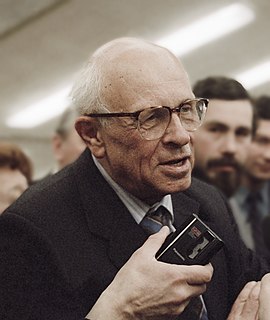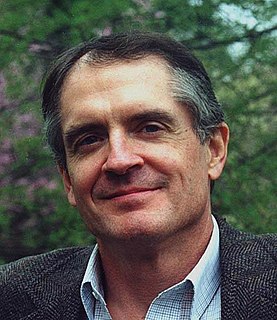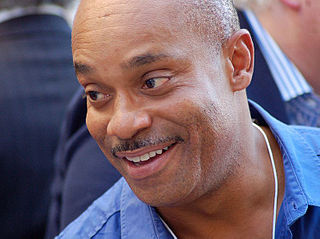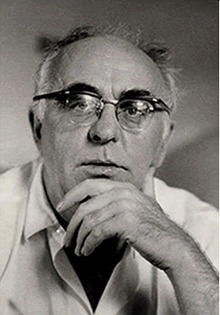A Quote by Greg Gutfeld
Identity politics preaches a splintering of one large, collaborative group into competing vindictive ones - resulting in new, angry tribes whose central thesis is to not cooperate.
Related Quotes
Countries will cooperate with each other, and are more likely to cooperate with each other when they share a common culture, as is most dramatically illustrated in the European Union. But other groupings of countries are emerging in East Asia and in South America. Basically, as I said, these politics will be oriented around, in large part, cultural similarities and cultural antagonism.
For me, creating the clothes of Givenchy is the way to make my tribe. It's related to religion, too, because it's people trying to find identity - the young generation is looking for tribes. You have the hip-hop tribes, the punk tribes, the rockers, you have the hipsters, the bourgeois ... The fact of the tribe is that it's like a religion. Punk is like a religion, because it's a belief.
When movies work or a TV series, when they really work, it's because of the collaborative effort. Competition is the death knell for anything, in my opinion. Especially in Hollywood. When actors are competing against each other, or when directors are competing against actors, it's usually the beginning of the end.


































